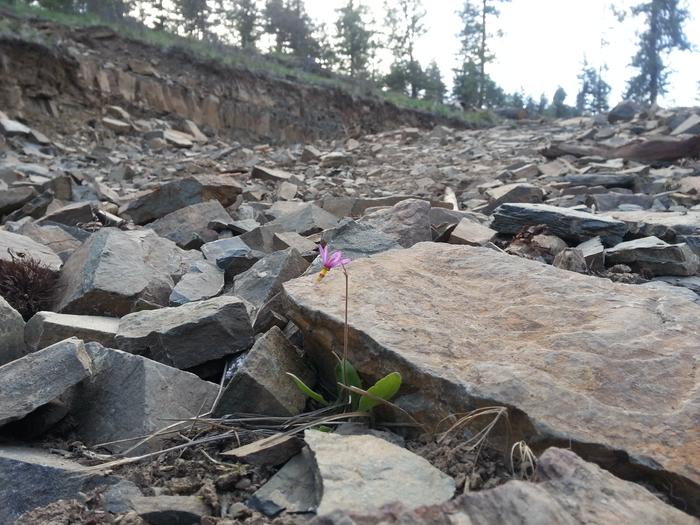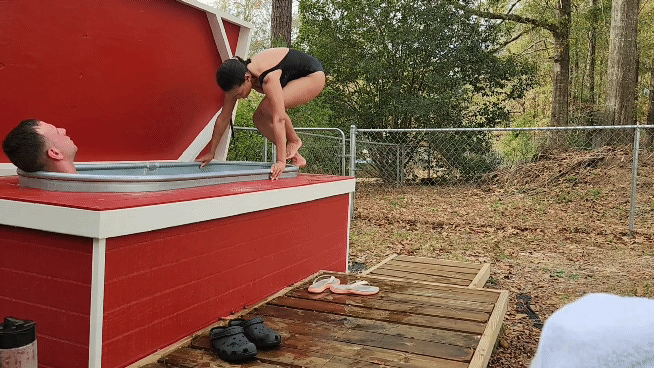Spoon theory isn't meant to apply to everyone--it's specifically used in the context of disability and chronic illness. The author of the idea and of the article that sparked the conversation is Christine Miserandino, a person with Lupus. You can check that out here:
https://butyoudontlooksick.com/articles/written-by-christine/the-spoon-theory/. The idea is that people without chronic illness wake up with unlimited spoons which are replenished with a good night's sleep/a good meal/a nice shower, but those with chronic illness have limited spoons. Showering uses, rather than replenishes, spoons. They may need to borrow spoons from tomorrow, opt out of activities to save spoons, or be totally zonked for 3 days by an activity that is a breeze for someone else.
That being said, to be able-bodied is a temporary state: many people experience a long term illness or disabling condition one or more times during their lives. So learning to manage our energy reserves and take self care is certainly imperative to avoid burnout and "stay young" long into elderhood. Either way, spoon theory by nature refers to those with chronic, long term conditions as they exist and persist now.
It's important not to decontextualize metaphors used by people with disability and chronic illness. We may accidentally perpetuate systemic and individual harm if we subsume this powerful tool for describing the (usually misunderstood and dismissed) experiences of people with disabilities and chronic illnesses into a descriptor for the experiences of people whose bodies and minds more closely fit within norms and systems of society ( AKA, the ability to do more and produce more overall).
A society hinged on monocultural agriculture/factory farming/mass production and shipment of goods and services/destruction of biomes and cultures (with all its unsustainable production methods) relies on long hours of labor from able bodied people; and thereby the invalidation and rejection of people who are unable to work set hours and set paces, and/or contribute in the "right ways." So, proper representation is key to creating a more sustainable and just society within permacultural frameworks.
I invite you to read Christine's piece, and consider how the energy resources that a person living with a disability or chronic illness have differ from those of someone living without one(s). Christine deserves credit for their ideas to support the labor they put in to educate people on chronic illness/disability.
Again, taking care of ourselves when we don't have a chronic illness/disability is certainly a fine preventative measure, so I appreciate people chiming in on that note.
Thanks and enjoy!






 5
5




 4
4












 1
1




 1
1




 2
2




 2
2





 6
6





 1
1





 1
1




 3
3




 3
3








